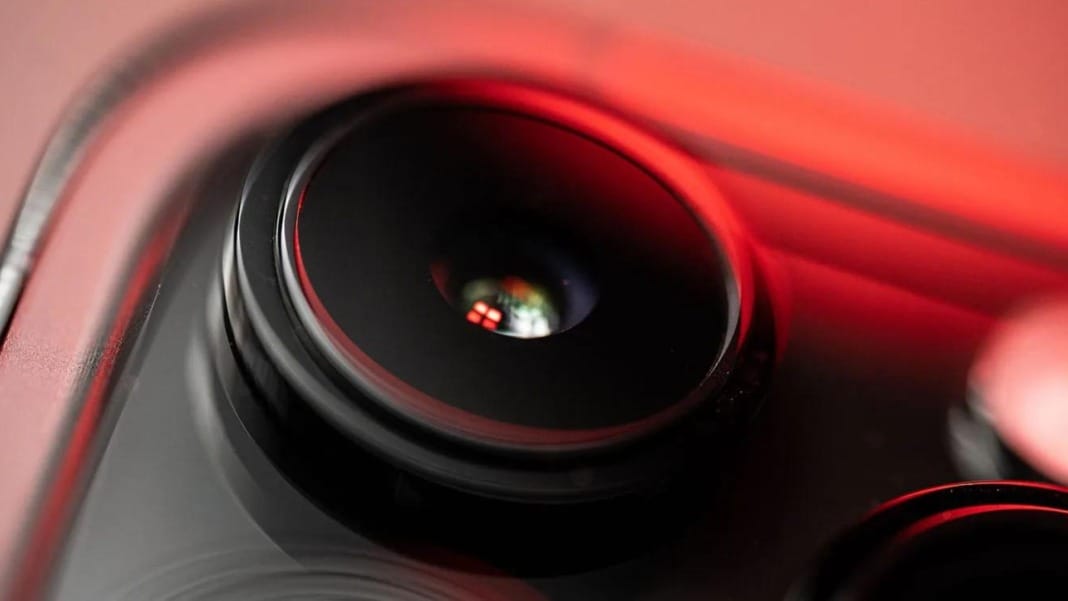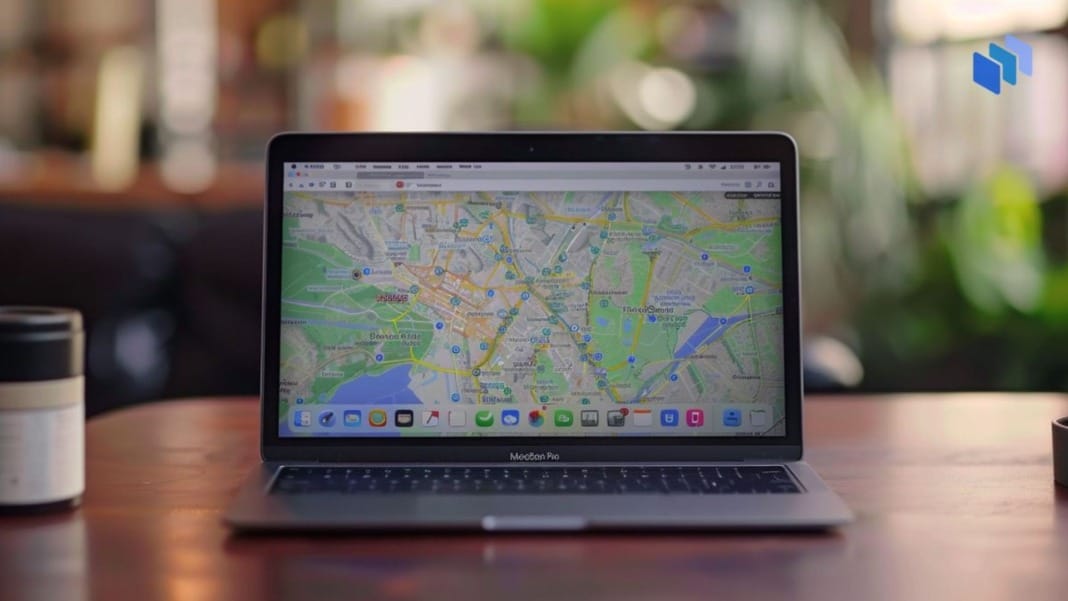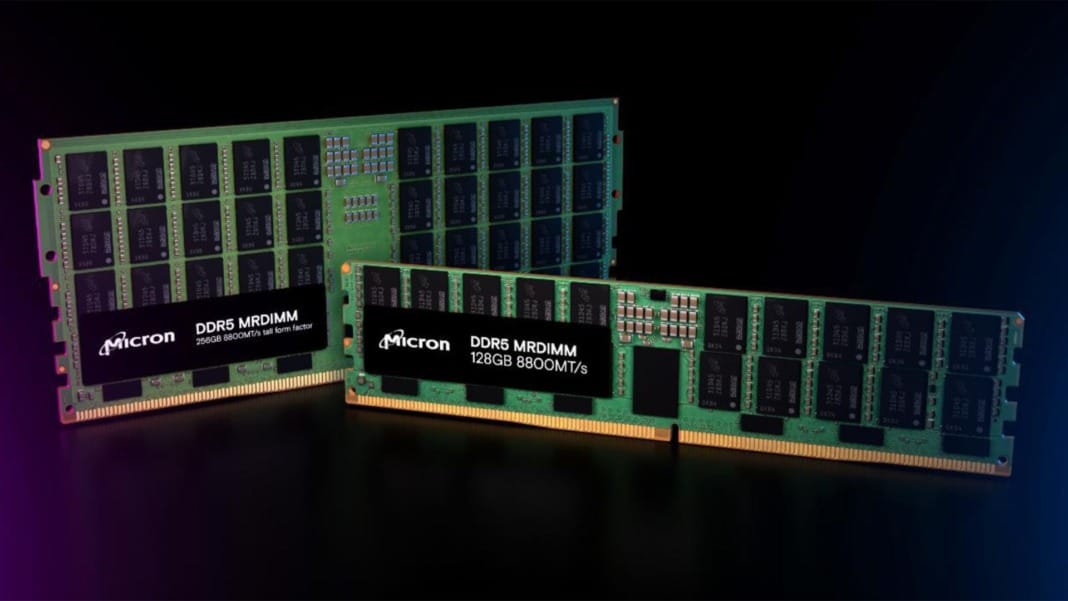Sony’s stronghold on supplying image sensors to Apple will end in 2026.
Samsung’s entry into the supply chain
You might have heard that Sony has been the sole provider of camera image sensors for Apple’s iPhone for many years. However, this exclusive relationship could soon change. Analyst Ming-Chi Kuo recently shared on X that Samsung is poised to enter the supply chain starting as early as 2026. Samsung is expected to supply 1/2.6-inch 48MP ultra-wide CMOS image sensors (CIS) for future iPhone models. This marks a significant shift, as it would be the first time in years that the iPhone would feature image sensors not made by Sony.
Samsung is not taking this new venture lightly. Reports suggest the company has already established a dedicated team to cater to Apple’s needs. This move indicates Samsung’s commitment to becoming a significant player in Apple’s supply chain.
Details remain scarce
While this development is exciting, details remain limited. Kuo’s information needs to clarify whether Samsung will supply Apple with primary and telephoto camera sensors. As a result, Sony will likely continue to provide these components, maintaining a crucial role in the iPhone’s camera system.
Sony’s long-standing relationship with Apple hasn’t been without its challenges. Last year, Sony struggled to meet Apple’s demand for camera image sensors for the iPhone 15. To manage the shortfall, Sony had to seek assistance from TSMC to increase production capacity. This difficulty underscores the potential benefits for Apple of diversifying its supplier base.
Benefits of a new supplier
Introducing Samsung as a new supplier for CIS could have multiple advantages for Apple. First, it would strengthen Apple’s supply chain, making it more resilient to production hiccups. By having more than one supplier, Apple can better navigate any disruptions that might occur in the future.
Additionally, having both Sony and Samsung as suppliers puts Apple in a stronger position to negotiate prices. Competition between the two suppliers could lead to more favourable terms for Apple, reducing costs and increasing flexibility.
In summary, while Sony has been a reliable partner for Apple, Samsung’s entrance into the supply chain could herald a new era of collaboration and competition. This development is likely to benefit Apple, enhancing the resilience and cost-effectiveness of its supply chain for iPhone camera sensors.





